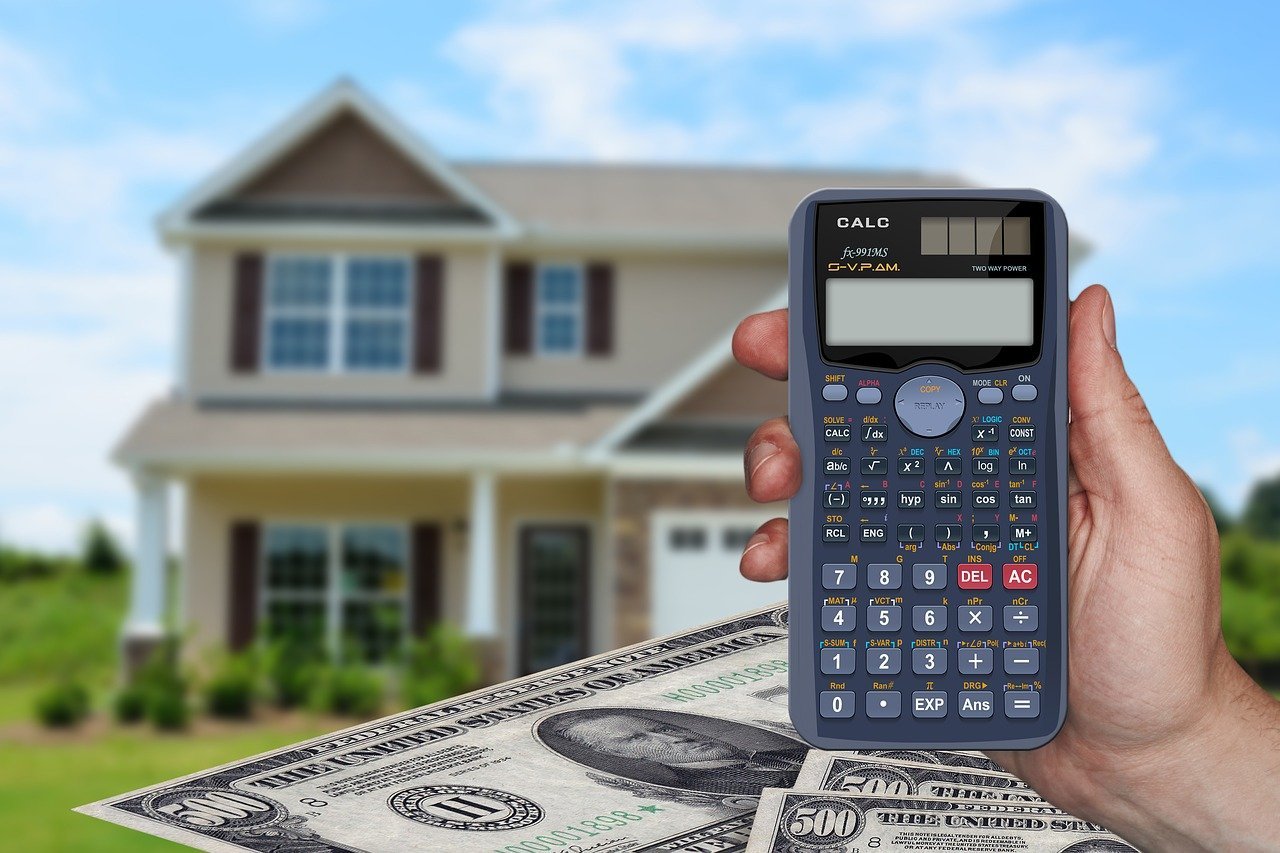There is hardly a smart home system that is cheap. Sure, you can install a smart lock or a couple of heat monitors for a relatively small amount of money. But, to have a smart home, you need to invest some serious cash. Now, the question that you are asking is, are smart homes worth the investment? And, while this question is quite reasonable, it is by no means easy to answer. Nevertheless, we will give you a comprehensive rundown of what to consider to figure out whether your smart home investment will pay off.

Why are you investing in your home?
While this question may seem redundant at first, it is paramount that you ask yourself why precisely are you investing in your home. Some people invest in order to make money out of real estate. At the same time, others invest because they want to lead a more comfortable life. While these two can sometimes overlap, you must know the ultimate goal of your investment from the get-go. As you will learn, the cost-effectiveness of smart home investments can differ depending on whether you plan to sell your home or live in it.
Smart homes and real estate costs
First, let’s consider that you are investing in innovative home systems to sell your home. To correctly figure out whether this investment is worth the cost, there are a couple of things you need to consider:
- Who are your target buyers?
- Are your smart home investments applicable to those buyers?
- Are your home investments increasing the value of your home?
All of these questions are something that you need to consider with your real estate agent. Knowing who you are selling your home to can help you figure out which smart home improvements are most likely to increase your home appeal. It stands to reason that a family person has different requirements of a home from a young professional.
Considering the value of your home
One of the main reasons why you need to decide between selling your home and improving your life is deciphering its value. If you are selling your home, your every alteration should increase its value within your target demographic. And, that increase in value should be visible the moment you are done improving. If an improvement doesn’t do that, you shouldn’t implement it. While this may sound straightforward, it is not always easy to follow.
First, it is not always easy to figure out which improvement is cost-effective. Sure, almost all of them will increase the value of your home. But few will actually be worth the investment. It is one of the reasons why having an experienced real estate agent by your side is so helpful.
Second, catering to a specific demographic is rarely easy. You not only need to understand your potential buyers’ needs and expectations, but you also need to be aware of current real estate trends and how they play into the demographic.
For example, it can sometimes be more cost-effective to store wooden furniture and give your home a modern look than to showcase it. Remember, though, that wooden furniture pieces require a special regimen. And although you may pay a little extra for the storage, the new look will make your home much easier to market. Again, this is not something you can figure out on your own. And there are tons of examples like this when it comes to innovative home improvements. So, do yourself a favor and hire a good realtor.
Smart homes and your lifestyle
Now, let’s assume that you are investing in a smart home to have a better lifestyle. After all, it is hardly a secret that smart home systems can do you a world of good, from increasing your safety to monitoring the heat and light in your home. And, if you install adequate systems, you can even lead a cheaper life. But, to find systems that are going to be worth the investment, you need to take a closer look at your lifestyle.
The importance of lifestyle
By understanding your habits, you will have a clearer idea of where a smart home system can save you the most considerable amount of money. Say, for instance, that you spend a lot of time cooking. In that case, a smart home kitchen with eco-friendly appliances can easily save you a ton of money through energy-efficient use. But, if you don’t do much cooking, such a kitchen will only be a useless expense. Sure, it will save you some money now and then. But the initial investment is not something that will pay off in the long run.
The more clearly you can outline your lifestyle, the easier it will be to find systems that help you. In most cases, such systems will also turn out to be budget-friendly.
Seeing the bigger picture
To figure out whether a smart home improvement will save you money, you need to look at the bigger picture. No innovative technology is worth the investment in the first couple of months. But, if you take a year or two into account, you will soon see how the systems can turn out to be cost-effective. So, the smart thing to do is outline how much money your system will save you monthly. Then, you can calculate after what amount of time your smart home improvement will become cost-efficient.
Final thoughts on whether smart homes are worth the investment
If there is one thing that you should take away from this article, it’s that smart homes are worth the investment. But only if you do ample research. And you have a clear idea of why you are getting them. No smart home system will be worth the money if it is an impulse buy. But, if you take the time to understand your home and how it is connected to your finances, you will soon see a way in which smart home improvements can help you.







